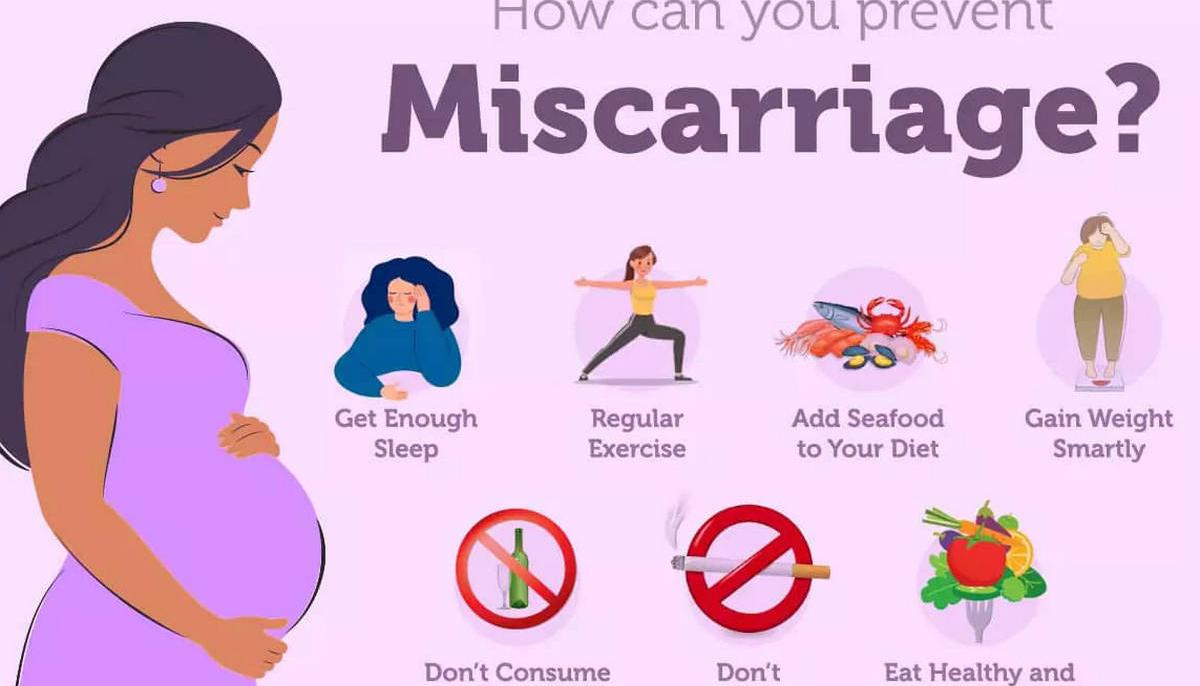What is the miscarriage?
Miscarriage is the loss of a pregnancy in the first 23 weeks. This is a difficult moment both for the mother, for her family, and for the doctor monitoring the pregnancy. Miscarriage is a physical and emotional trauma, always representing a difficult moment.
Nevertheless, spontaneous abortion remains a reality, and information is one of the most effective methods both to be able to prevent these situations and to be able to manage them.
What are the symptoms of miscarriage?
The first and most obvious symptom of a miscarriage is represented by vaginal bleeding, which can be accompanied by cramps and pain in the lower abdomen.
When these bleedings occur, it is very important for the patient to notify the doctor monitoring the pregnancy, in order to find out what are the next steps to take.
However, not all vaginal bleeding is a symptom of miscarriage, as they are common in the first trimester of pregnancy.
Other specific symptoms for miscarriage are:
- Back pains of different intensity, from mild to severe
- Weight loss
- White-pink mucus
- Sudden improvement of pregnancy symptoms or their temporary disappearance
What are the causes of miscarriage?
The causes that lead to spontaneous abortion are multiple. The most important thing to remember is that in most cases, the abortion is not a consequence of what the mother did or did not do.
The main cause of miscarriage is abnormal chromosomes in the child. Chromosomes are genetic "building blocks" that help a baby develop. If it has too many or too few chromosomes, abnormalities will appear and the baby will not develop properly.
Sometimes, the mother's ailments are what can lead to the triggering of a miscarriage. These include: thyroid disorders, cervical problems, infections or uncontrolled diabetes.
The age of the mother is an important factor in this context. The older the mother is, the greater the risk of spontaneous abortion. For example, the risk of miscarriage at age 45 is almost 80%. Abortion is not triggered by physical exercise, professional activity or sexual activity.
The fact that the mother went through a miscarriage does not mean that she will not carry the next pregnancy to term. On the contrary, in the vast majority of cases, the next task is successfully completed.
Can miscarriages be prevented?
Most miscarriages cannot be prevented. However, there are some things you can do to reduce the associated risks. And among these, there are some rules such as:
- Avoid smoking throughout pregnancy. Not only can smoking lead to a miscarriage, but it can also affect the healthy development of the fetus.
- Avoid drinking alcohol. This is harmful, both for you and for the baby
- Maintain a normal weight: It is very important to pay attention to how many kilograms you accumulate during pregnancy. If you don't know what weight is considered normal, then you can read here .
Take care to have a healthy and balanced diet, which can help you reduce the risk of infection.
Do you think you are having a miscarriage? These are the steps you must follow!
If you have the symptoms of a spontaneous abortion, you need to call the doctor who monitors the pregnancy. Most of the time, you will be directed to a medical unit, for additional analyzes and investigations.
In general, pelvic exams, ultrasounds, blood tests and embryonic tissue tests are the ones that can confirm miscarriage.
There are 5 types of possible diagnoses, which can be made following the interpretation of the results:
Threat of abortion - You may bleed vaginally, but the cervix has not dilated.
Inevitable abortion - The uterus contracts and there is a dilation of the cervix
Incomplete abortion - In this case, only part of the embryonic and placental tissue is removed. You may have cramps and bleeding.
Complete abortion - Occurs, in general, in the 12th week of pregnancy and is confirmed by an ultrasound. In the case of complete abortion, all embryonic or placental tissue is removed.
Miscarriage - The death of the embryo can occur, but its expulsion does not take place. In this case, you can observe the total disappearance of pregnancy symptoms.
In most cases, the embryonic and placental tissue will be eliminated naturally, in a maximum of 2 weeks. There is also the option of drug treatment, as well as surgical intervention, to eliminate this tissue.
What happens after a miscarriage?
Miscarriages are much more common than most people think. It is estimated that approximately 1 in 8 pregnancies will end in miscarriage.
A miscarriage can be a traumatic emotional and physical experience, which needs to be healed through different methods. It is possible to feel feelings of guilt, shock and anger.
To get over this trauma more easily, it is recommended to seek professional help. You can either go to a psychologist or join different support groups to help you heal faster.
Having a miscarriage does not necessarily mean that you will have another if you get pregnant again. Most women can have a healthy pregnancy after a miscarriage.







